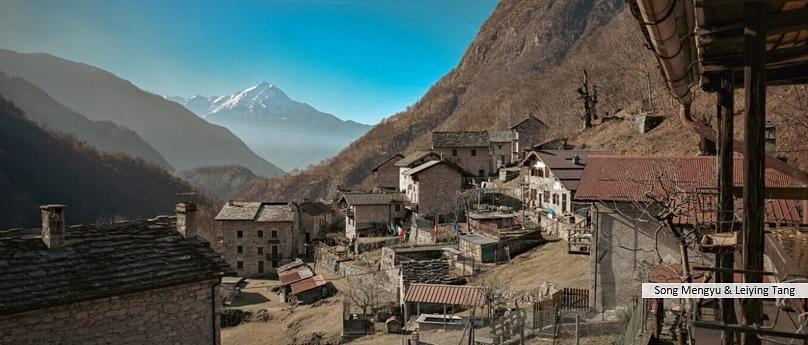
Mountain-Able
#climateAntiFragileTerritories
history_edu Master
Sep 01, 2026
Our master course offerings provide an opportunity for students to explore a broad spectrum of topics. These comprehensive and varied programs integrate both theoretical foundations and practical applications, equipping students with the competencies and resources necessary to cultivate and deploy antifragile skills.
Tailored to the diverse needs and objectives of our students, our teaching methods encompass a range of formats, including lectures, seminars, workshops, and internships, offered both in-person and remotely, and conducted in either Italian or English. Students will actively participate in fieldwork, research, and collaborate on projects with public administrations and local stakeholders.